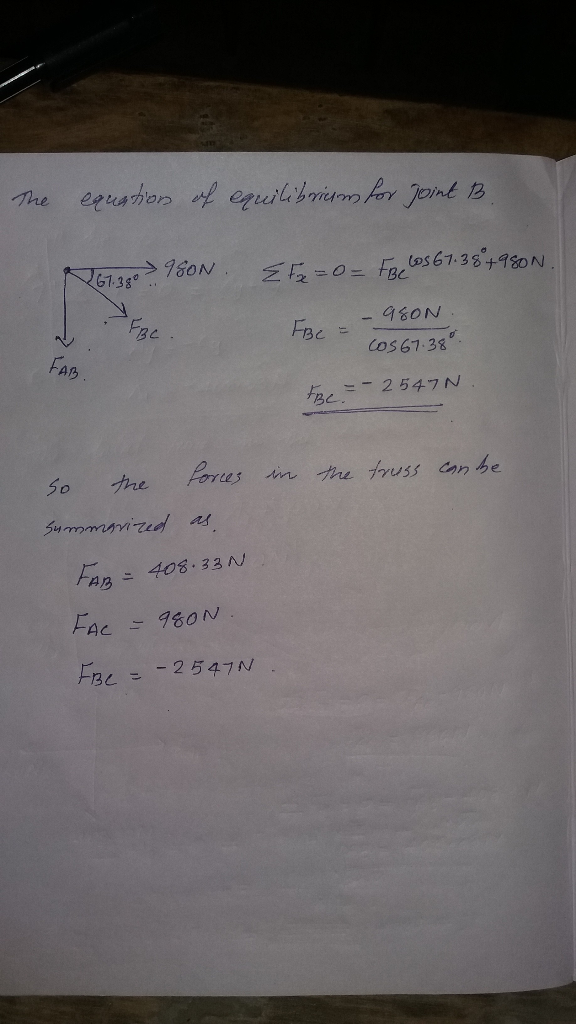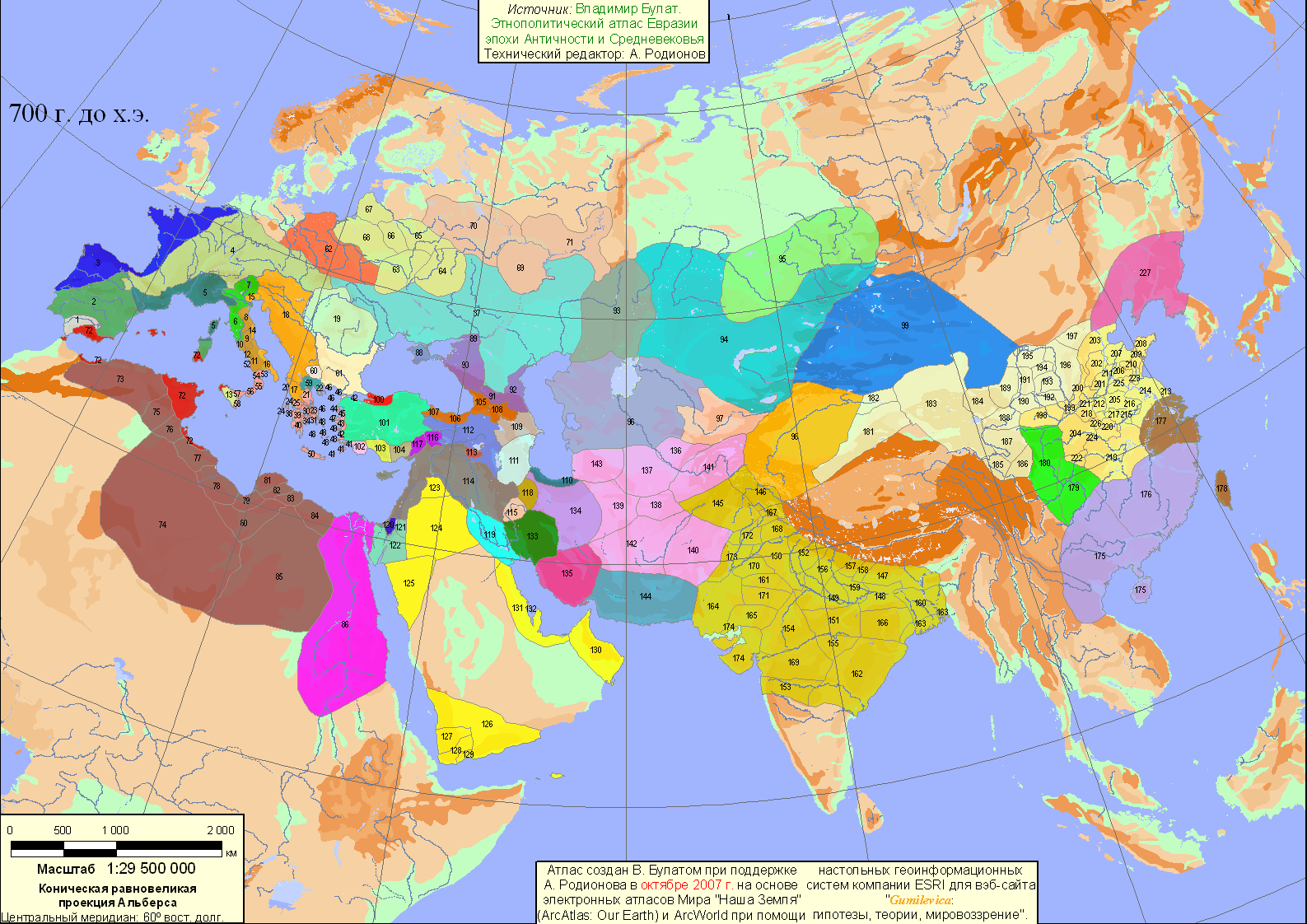

The movement towards BCE/CE has not been universally accepted, and BC/AD is still more widely used, even though BCE/CE has been in the mainstream since the 1980s.

#100 bc to 0 ad software#
are the more common and understandable abbreviations.ĮarthSky, on the other hand, strives to use the BCE/CE format in part because it is associated with science, and in part because it is more neutral.Īccording to an article at – a Quebec-based company that specializes in developing and marketing writing assistance software – there’s been some pushback on the use of BCE/CE: rather than BCE and CE because, according to AP:Ī.D. On the other hand, many media sites on the internet use the AP Stylebook as a guide to matters of style. A timeline showing that BC and AD mean the same thing as BCE and CE. The general acceptance of BCE/CE in science and academia has increased markedly during the first decades of the current century. BCE/CE have been in frequent use by Jewish academics for more than 100 years. The use of the BCE/CE format has been found from manuscripts dating back to 1708, so this system has been in place, to some extent, for several centuries. The 2021 lunar calendars are here! Order yours before they’re gone. Simply put, BCE (Before Common Era) is a secular version of BC (before Christ).ĬE (Common Era) is the secular equivalent of AD (anno Domini), which means “in the year of the Lord” in Latin.Īccording to TimeandDate, either designation is acceptable by the international standard for calendar dates, although scientific circles are more prone to using the BCE/CE format. They’re just another example of the evolution of human time-tracking and mean exactly the same thing as AD (anno Domini) and BC (before Christ). Nowadays, you sometimes encounter a date in the CE (Common Era) or BCE (Before Common Era) format. We today use what is called the Gregorian calendar, named after Pope Gregory XIII, who introduced it in 1582. We in the western world trace our calendrical roots to the old Roman calendar and the newer Julian calendar, proposed by Julius Caesar, a ruler of ancient Rome.


 0 kommentar(er)
0 kommentar(er)
